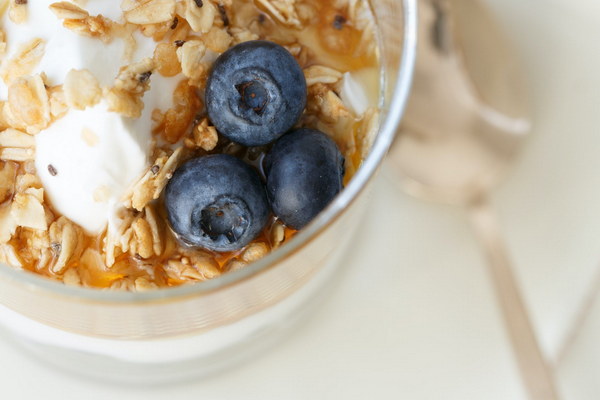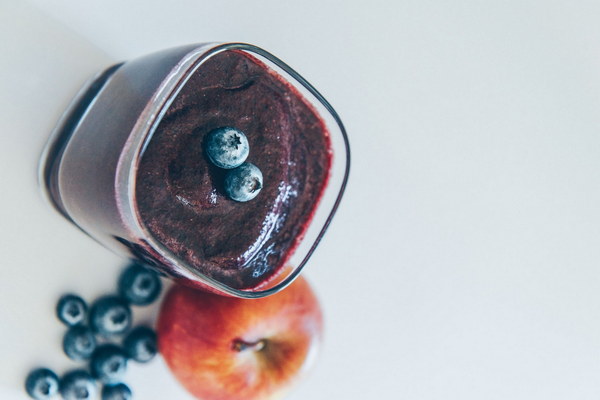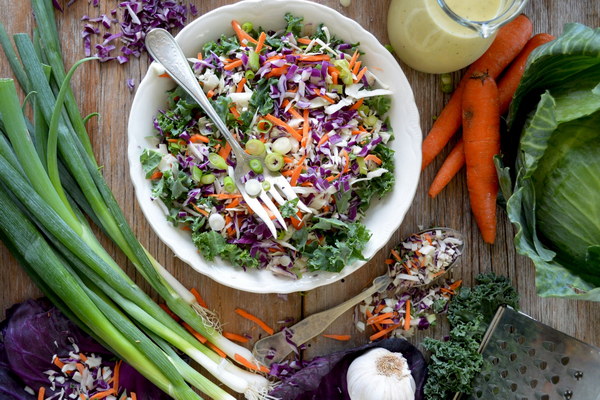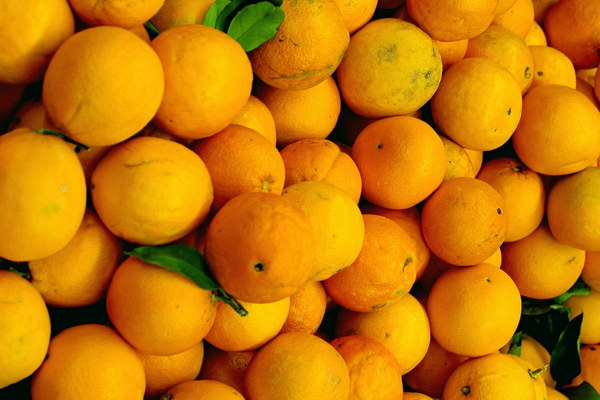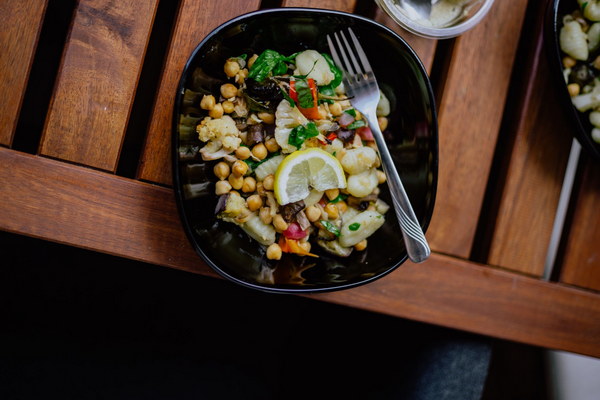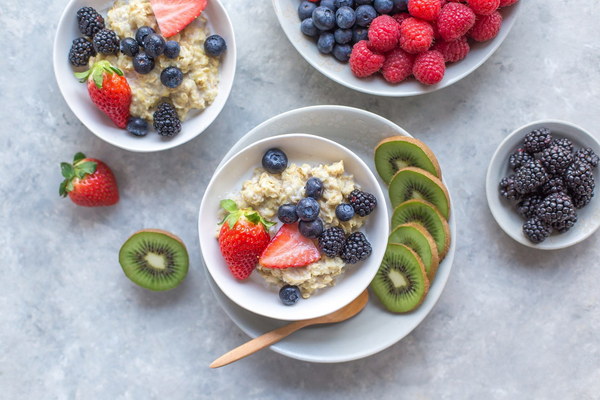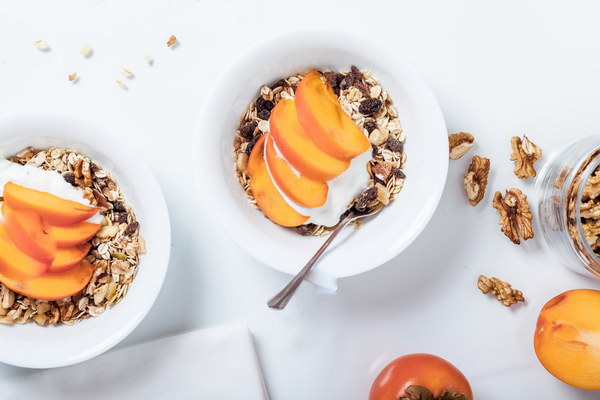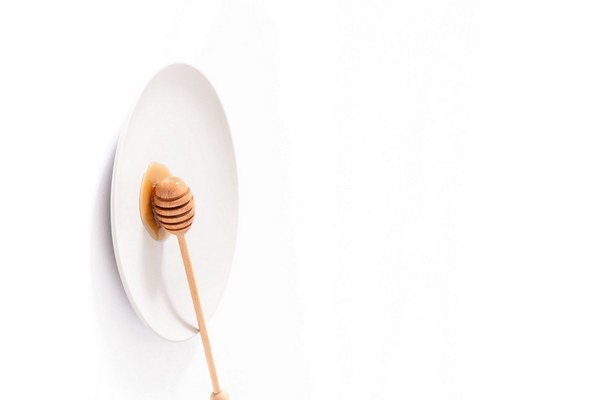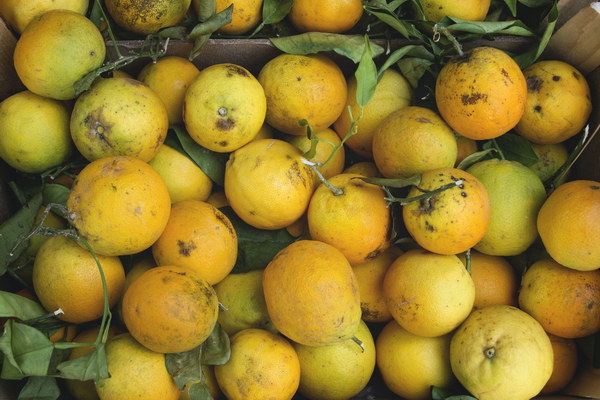Tackling Blood Heat A Comprehensive Guide to Herbal Remedies and Dietary Adjustments
Blood heat, also known as reheat or excess heat in traditional Chinese medicine, is a condition where the body's internal temperature becomes too high. It can manifest in symptoms such as irritability, redness, inflammation, and excessive sweating. While it's important to address blood heat promptly, it's equally crucial to do so with a balanced approach that doesn't exacerbate the condition. This article delves into the art of replenishing and cooling the body to alleviate blood heat symptoms.
Understanding Blood Heat
Blood heat can arise from various factors, including excessive emotional stress, poor diet, or environmental heat. It's believed that when the body's Yin (cooling) and Yang (heating) energies are out of balance, blood heat results. To combat this imbalance, it's essential to focus on both diet and herbal remedies.
Herbs for Blood Heat
Traditional Chinese medicine offers a wide array of herbs that are known for their cooling properties. Here are some common ones:
1. Scute (Huang Qin): This herb is well-known for its cooling and anti-inflammatory properties. It helps to clear heat from the blood and calm the mind.
2. Peony Root (Shao Yao): This herb is used to treat blood heat and blood stagnation. It's also effective for women's health issues such as dysmenorrhea.
3. Bupleurum (Chai Hu): This herb is often used to treat liver heat, which can manifest as irritability, headaches, and eye redness.
4. Licorice Root (Gan Cao): While licorice itself is warming, it's often used in combination with cooling herbs to balance the formula and mitigate potential side effects.
Dietary Adjustments
1. Stay Hydrated: Drink plenty of water to help flush out toxins and keep the body cool.
2. Fruits and Vegetables: Incorporate cooling foods into your diet, such as watermelon, cucumbers, peaches, and berries.
3. Herbal Teas: Prepare herbal teas with ingredients like mint, hibiscus, and ginger to aid in cooling the body.
4. Avoid Hot and Spicy Foods: Foods that are overly spicy or hot can exacerbate blood heat. This includes items like chili peppers, garlic, and onions.
5. Limit Alcohol and Caffeine: Both can increase internal heat and stress the body further.
Lifestyle Adjustments
1. Manage Stress: High levels of stress can contribute to blood heat. Practice relaxation techniques such as meditation, yoga, or deep breathing exercises.
2. Avoid Excessive Heat: Try to minimize exposure to direct sunlight and hot environments.
3. Regular Exercise: Moderate exercise can help regulate body temperature and improve overall health.
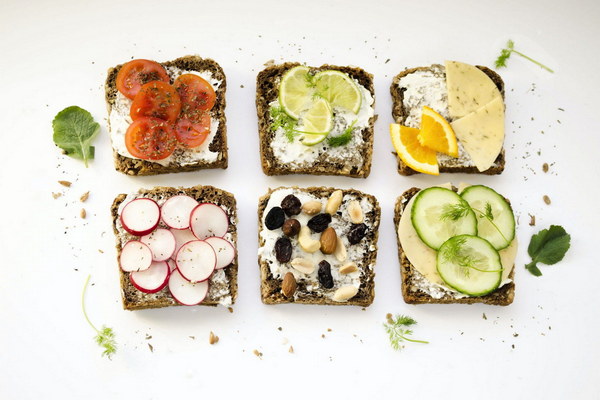
Combining Herbs and Diet
To effectively treat blood heat, it's often best to combine herbal remedies with dietary adjustments. Consult with a qualified healthcare provider or herbalist to create a personalized plan that addresses your specific needs.
Conclusion
Tackling blood heat requires a multifaceted approach that includes herbal remedies, dietary adjustments, and lifestyle changes. By understanding the root causes of blood heat and implementing these strategies, you can restore balance to your body and alleviate symptoms. Remember, while this article serves as a guide, it's important to consult with a healthcare professional for personalized advice and treatment.
